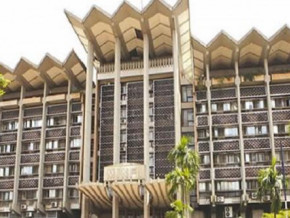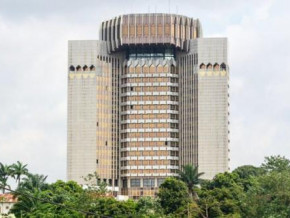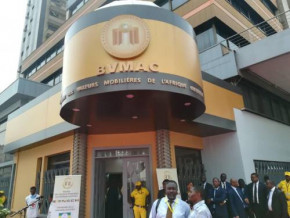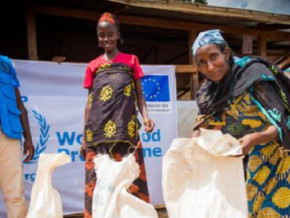
Cameroon mulls over suspending tax exemption on imported consumer products
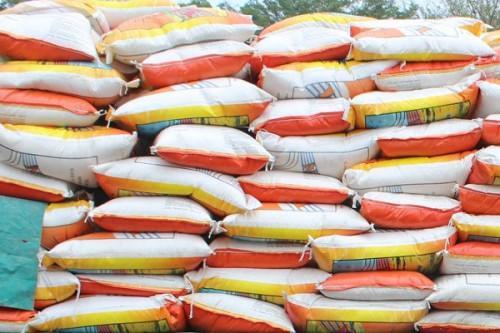
(Business in Cameroon) - Cameroon's Minister of Finance, Louis Paul Motaze, reminded parliament on July 5 of the government's decision to suspend tax exemptions on imported consumer products, mainly rice, fish and wheat. This was during a meeting in the framework of the Budgetary Orientation Debate (DOB).
“As part of this strategy, the government will have to carry out a systematic review of all existing tax expenditures, to eliminate tax exemptions that are ineffective or irrelevant to public policies. For example, the support of the import-substitution policy desired by the government requires that exemptions on certain products, which burden the trade balance and are targeted under this policy, such as rice, fish, and wheat, are now reduced or gradually removed,” the official said, stressing that the ultimate goal is to promote local competitiveness on a larger scale for the targeted products.
However, such an approach was once considered but never implemented. In 2019, still in the framework of the DOB, the Cameroonian government announced the gradual restoration of customs duties on tax-free products (rice, wheat, fish, etc.). In return, it was planned to allocate part of the resulting revenue to local development funds for these sectors. But in the end, these announcements did not materialize in the 2020 finance law.
IMF warning
In 2020, the government announced a reduction of fiscal spending in the 2021 budget law. This included an increase in customs duty from 5% to 10% for fish and rice, from 0% to 5% for wheat, and from 5% to 30% for corn and soybean meal. All these measures were not carried out and no official explanations were given.
In a 2020 note, the International Monetary Fund (IMF) suggested that the elimination of certain exemptions could certainly increase revenues and reduce the risks of corruption in Cameroon; but most tax exemptions apply to basic foodstuffs (fish, rice, wheat, and milk). And “given the security and socio-political situation, it is difficult to reduce them."
For the time being, the Ministry of Finance reports that tax exemptions on wheat are costing the state nearly CFA15 billion a year. Tax on rice and fish at a reduced rate of the Common External Tariff (5% compared to the normal rate of 20%) results in annual losses of nearly CFA28 billion and CFAF6 billion, respectively.
Sylvain Andzongo
Mags frontpage
- Most read 7 days
- shared 1 month
- read 1 month




